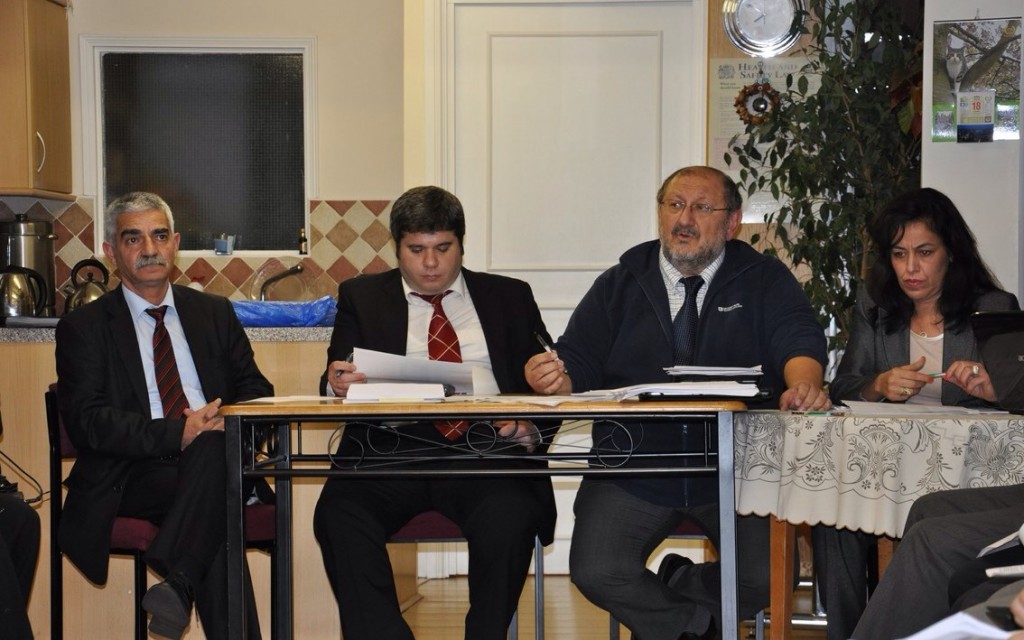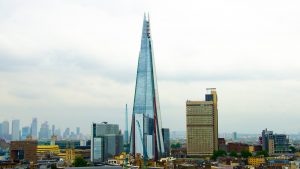Stop breaking apart, London’s Turkish schools told
Education leaders appeal to London’s Turkish schools as student numbers fall at the start of the new academic year
THE TREND of London’s Turkish weekend schools breaking apart from one another is damaging their chances of success, an embassy meeting has heard.
The conclusion came from the latest meeting of the Consortium of Turkish Language Schools and Education, which held its latest meeting with Turkish education attaché Uğur Yıkan and his Turkish Cypriot counterpart Hasan Kortay in attendance.
Speaking at the gathering, which was attended by the headteachers of 31 Turkish schools in London, consortium president Kelami Dedezade said four further schools had applied to join them.
He added that the recent trend of divisions had had a damaging effect on school success. He said a good approach would be for divided schools to reunify but cater for different age groups from one another.
The recent increase in school numbers had been marked by a drop in student numbers and there was a need to work together to find ways to raise them again, he said.
CAMPAIGN FOR NEW BUILDING
The consortium president called on school headteachers to support their campaign to acquire a building from where schools could operate.
There have also been changes to the curriculum, which was first developed in the 1990s and last reviewed in 2004. The latest revision takes the English curriculum’s Key Stages 1 and 2 into account and was produced in collaboration with the education attachés of Turkey and the Turkish Republic of Northern Cyprus.
The headteachers, for their part, said there was a shortfall in teachers that needed to be addressed.
REGISTRATIONS
London’s Turkish language and culture weekend schools have started to accept registrations for the 2013-14 academic year. The 29 schools cater for around 2,500 students.
Attendees also pointed to proposals for a full-time weekday Turkish school, which first surfaced in an end-of-year report produced by the Education Authority in 2011.
The report had said that, with the support of business leaders, two schools could be established – one in North London, the other in the south – as part of a ‘Turkish college’, provided that buildings could be purchased for their exclusive use.









